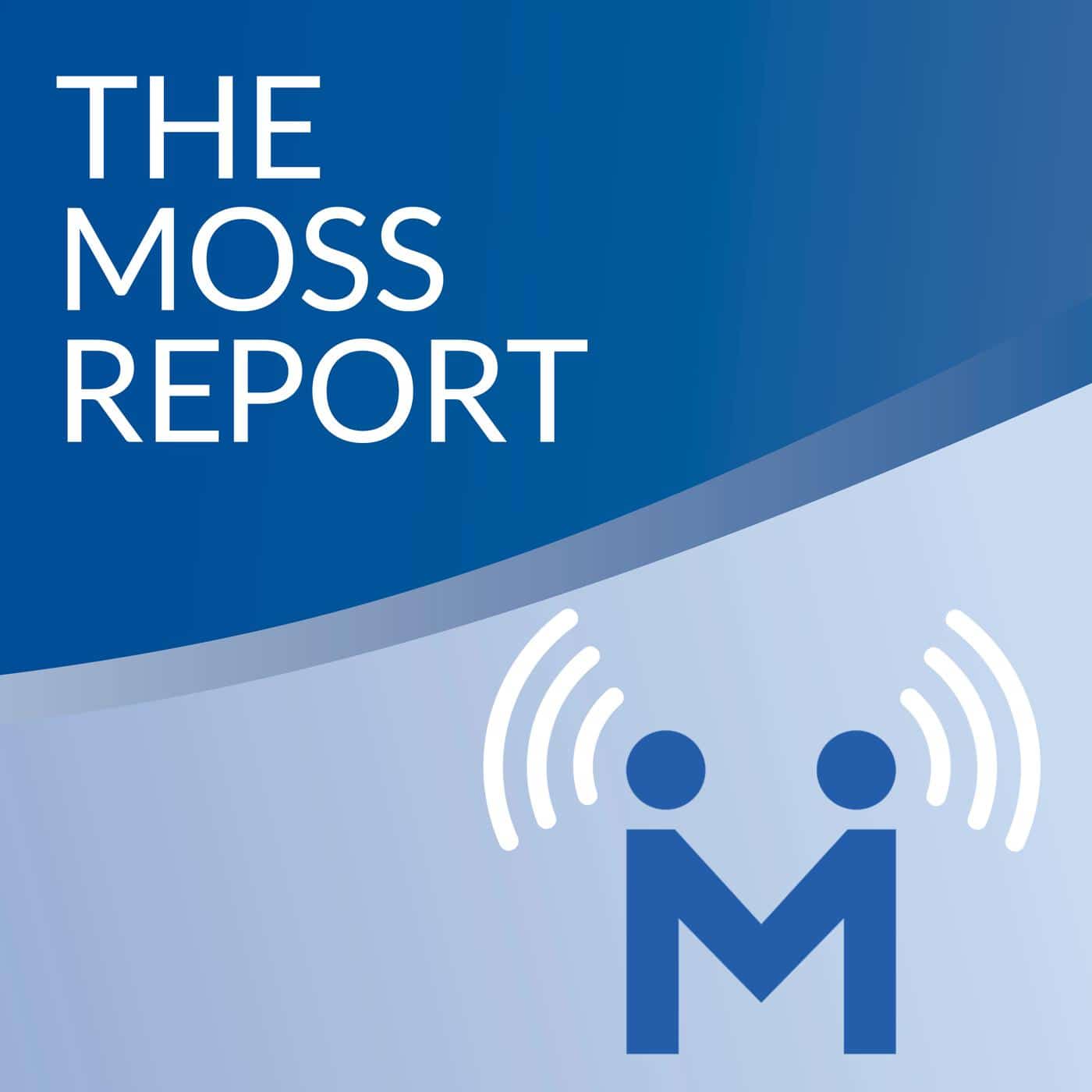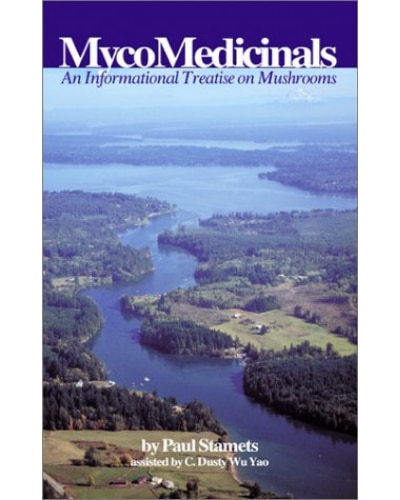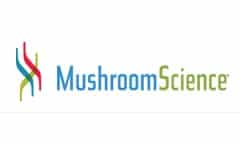Extracts of turkey tail mushroom (Trametes versicolor) and its constituent PSK are used with conventional cancer treatment to improve survival and reduce risk of recurrence. The constituent PSP shows some benefit for pain, appetite, and percentage of body fat.
How do experts use turkey tail mushroom?
Integrative experts provide recommendations for turkey tail mushroom in treating people with cancer. Learn more about the approaches and meanings of recommendations: Integrative Oncology Programs and Expert Guidelines ›
Published protocols, programs, and approaches
Turkey tail mushroom is used in programs, approaches, and protocolsa package of therapies combining and preferably integrating various therapies and practices into a cohesive design for care from these integrative oncologists, drawing from both scientific research and observations from years or even decades of treating people with cancer.
Lise Alschuler, ND, FABNO, and Karolyn Gazella
Alschuler LN, Gazella KA. The Definitive Guide to Cancer, 3rd Edition: An Integrative Approach to Prevention, Treatment, and Healing. Berkeley, California: Celestial Arts. 2010.
Alschuler LN, Gazella KA. The Definitive Guide to Thriving after Cancer: A Five-Step Integrative Plan to Reduce the Risk of Recurrence and Build Lifelong Health. Berkeley, California: Ten Speed Press. 2013.
Approaches are described for certain cancer types, or along with certain conventional therapy treatments, or for particular conditions such as insulin resistance.
Uses of turkey tail mushroom:
- Breast cancer
- Cervical cancer
- Colon cancer
- Gastric cancer
- Liver cancer
- Ovarian cancer
- Uterine cancer
- Hormone balancing
- Immune enhancing supplements
- Insulin resistance, reversing
- Radiation and mushroom interactions
Keith Block, MD
Block KI. Life over Cancer: The Block Center Program for Integrative Cancer Care. New York: Bantam Dell. 2009.
The integrative Block Program has recommendations to people who are at different places along the cancer continuum:
- Those who’ve been recently diagnosed
- Those in treatment
- Those who’ve concluded treatment and need to remain vigilant to prevent recurrence
Barbara MacDonald, ND, LAc
MacDonald B. The Breast Cancer Companion—A Complementary Care Manual: Third Edition. Self-published. 2016.
Naturopathic physician Barbara MacDonald provides information about breast cancer, its conventional treatment, and natural approaches to enhancing treatment, managing side effects, reducing risk of recurrence, and healthy living after cancer treatment is completed.
Neil McKinney, BSc, ND
McKinney N. Naturopathic Oncology, Fourth Edition. Victoria, BC, Canada: Liaison Press. 2020.
This book includes descriptions and uses of many natural and complementary protocols for cancer in general and for specific cancers. It also includes information on integrative support during conventional cancer treatment.
Uses of turkey tail mushroom:
- Breast cancer
- Colon cancer
- Gastric cancer
- Immune modulation
- Bastyr University Integrative Oncology Research Center protocol for stage IV breast cancer
Traditional medicine
Turkey tail mushrooms are used in traditional Chinese medicine.
Learn more about traditional medicine and how to find practitioners: Finding Integrative Oncologists and Other Professionals ›
Other expert assessments
Donald Abrams, MD, and Andrew Weil, MD
According to Abrams & Weil, turkey tail mushrooms or extracts are among the botanicals most commonly used by oncology naturopathic physicians for colorectal cancer.
Dosing
Dosage has not been standardized for use in cancer care, but recommendations are available from these sources.

Subscription required
General information about dosing
Find general dosing guidelines regarding natural products and supplements in Dosing Guidelines ›
Preparation
In traditional Chinese medicine and in many of the studies of medicinal mushrooms, hot water extracts have been used. The cell wall of the mushroom is indigestible by humans—hence, eating raw mushrooms either as food or as medicine is not recommended. Ground mushroom eaten as a powder is irritating to the liver, yet when that ground mushroom is decocted in hot water, the medicinal ingredients become available and it is safer to consume. As a result, several integrative oncology clinicians report that they prescribe hot water extracts of medicinal mushrooms.1McKinney N. Naturopathic Oncology, 3rd Edition. Victoria, BC, Canada: Liaison Press. 2016. p. 228.
Expert commentary
In a 2008 article, naturopathic oncologist and CancerChoices advisor Leanna Standish, PhD, ND, LAc, FABNO, and her colleagues suggest that “immune therapy utilizing the polysaccharide constituents of Trametes versicolor as concurrent adjuvant cancer therapy may be warranted as part of a comprehensive [breast] cancer treatment and secondary prevention strategy.”2Standish LJ, Wenner CA et al. Trametes versicolor mushroom immune therapy in breast cancer. Journal of the Society for Integrative Oncology. 2008 Summer;6(3):122-8.
In Life Over Cancer, integrative physician and CancerChoices advisor Keith Block, MD, advises: “It is difficult to obtain clinically meaningful quantities of the mushroom phytochemicals from even the healthiest diet, which is why I recommend getting them in the form of extracts. Look for those containing maitake (Grifola frondosa), agaricus (Agaricus blazei), shiitake (Lentinula or Lentinus edodes), reishi (Ganoderma lusidum), turkey tails (Trametes or Coriolus versicolor), and caterpillar fungus or cordyceps (Cordyceps sinensis).”3Block KI. Life over Cancer: The Block Center Program for Integrative Cancer Treatment. New York: Bantam Dell. 2009. p. 114. He further advises using extracts that are blends of several different medicinal mushrooms, including turkey tail.
Paul Stamets, in MycoMedicinals, says this about using a blend of several different medicinal mushrooms: “A number of researchers have come to the conclusion that, to maximize a host-mediated response—that is, to awaken the immune system—a panoply of polysaccharides and medicinal mushroom constituents is best. These constituents increase the number and activity of macrophages, killer T and NK lymphocytes. Combining medicinal mushroom species sends the immune system multiple stimuli, awakening the body’s natural defenses.”4Stamets P. MycoMedicinals: An Informational Treatise on Mushrooms, 3rd Edition. China: MycoMedia Productions. 2002. p. 68.
Naturopathic oncologist and CancerChoices advisor Lise Alschuler, ND, FABNO, August 9, 2018: “There are instances when I use specific mushrooms, for instance: Coriolus (aka Trametes) versicolor (turkey tail) for breast cancer, Agaricus blazeii for ovarian cancer and chaga mushroom for melanoma. However, it is a very valuable and reasonable strategy to use a blend that includes mushrooms, each of which is standardized to its polysaccharides and beta-glucans. The key is to use a hot water extract of the fruiting bodies or a full-spectrum extract (includes mycelium) that clearly identifies on its label the quantity of mushroom extract.
Some blends that I often recommend:
Per capsule:
- Trametes versicolor (turkey tail) (40% polysaccharides, 40% beta-glucans)–100mg
- Grifola frondosa (maitake) 40% polysaccharides, 30% beta-glucans–100mg
- Ganoderma lucidum (reishi), 40% polysaccharides, 15% beta-glucans–100mg
- Lentinula edodes (shiitake), 409% polysaccharides, 40% beta-glucans–100mg
I would recommend between 2–3 capsules twice daily.
When recommending single mushrooms, it is important to know how much beta-glucan is in each serving so that I can titrate my dose accordingly. For instance, I often use Grifola frondosa m(aitake) mushroom to increase white blood cell counts. One product I use contains (per 6 tablets):
- Maitake (Grifola frondosa) Fruiting body powder–600mg
- Maitake fruiting body extract, standardized to contain 30% D-fraction–240mg (so 72mg D-fraction beta glucan)
- Vitamin C 120mg (supports bioactivity)
Cost permitting, in most clinical studies, the daily dose of mushroom extracts that is correlated with improved survival (especially in breast, colorectal, gastric cancers) is 3000mg/day.”
Helpful link
References



